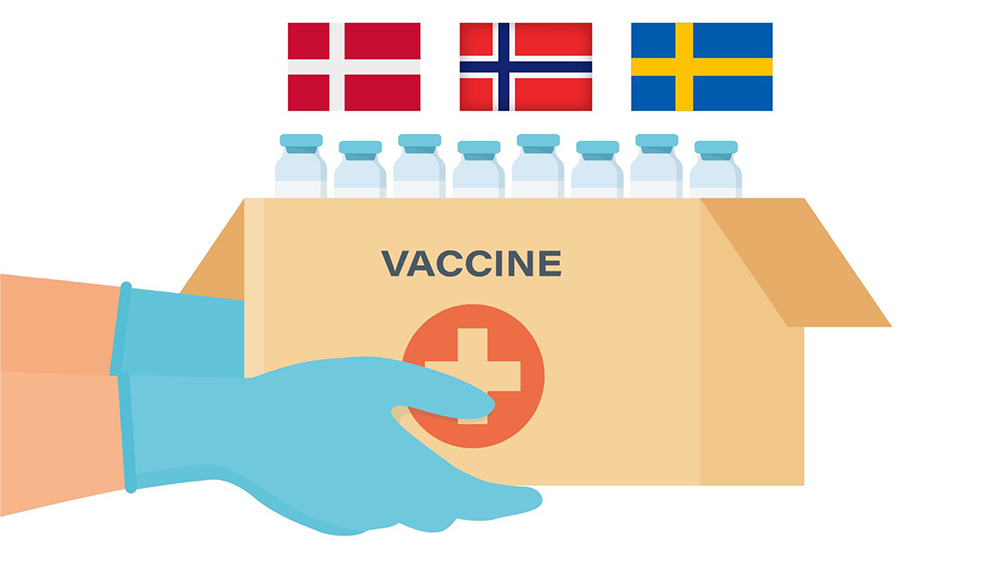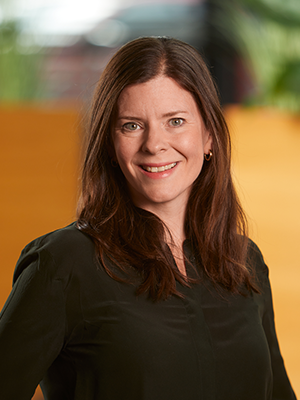The project is funded by NordForsk and led by Associate Professor Katerini T. Storeng at SUM, in collaboration with the Danish Institute for International Studies (DIIS) and Lund University.

Illustration: Colourbox
During the global scramble for COVID-19 vaccines in early 2021, Scandinavian leaders argued that there was no contradiction between protecting their own citizens and helping people everywhere access vaccines. However, along with other wealthy countries, their success at securing vaccines for their own populations pushed low-income countries to the back of the queue.
By the end of 2021, most Scandinavian adults had been boosted with a third dose, while only 8.5% of people in low-income countries had received one dose - a situation that WHO dubbed a global "vaccine apartheid."

The project "Strategic solidarity: Scandinavian countries' COVID-19 vaccine diplomacy" (SCANVAX) has been awarded 9 million NOK by NordForsk to analyze this important tension between national, regional, and international vaccine solidarity.
- SCANVAX will provide a timely analysis of how Norway, Denmark and Sweden balanced the need to ensure early access to vaccines to their domestic populations and vaccinating the world. Looking ahead, we will analyze how these lessons are being integrated in current vaccine preparedness efforts at national, Nordic, European and global levels, says project manager Katerini T. Storeng.
By studying the interplay between international solidarity and vaccine nationalism in Scandinavia, the project will specifically examine whether the concept of "strategic solidarity" can help understand vaccine policy in the three countries, as well as differences between their approaches.
The project team

Project leader Katerini T. Storeng will collaborate closely with Adam Moe Fejerskov, Senior Researcher at the Danish Institute for International Studies (DIIS) and Rachel Irwin, Researcher at Lund University. The project team also includes SUM researchers Antoine de Bengy Puyvallée and Felix Stein, as well as Senior Analyst Ole Winckler Andersen at DIIS.
The team will build on their experience studying the different Nordic countries' role in international affairs, especially in global health governance and international development. They will work to establish a Nordic network of social scientists focusing on the political management and governance of cross-border health threats like pandemics.
- At DIIS, we're excited to embark on this vital research with our Norwegian and Swedish colleagues. At a time of continuous and intersecting global crises, understanding the scope for and barriers of solidarity is imperative, and through this project we'll be able to deliver forceful answers to some of the critical political challenges of our time, says Adam Moe Fejerskov.
The project will start in June 2023 and will add to SUM's extensive portfolio of social scientific research on global health and pandemic preparedness and response. This includes the work of SUM's Global Health Politics research group and especially its on-going project on Public-private cooperation for pandemic preparedness (PANPREP).






